CogSci 2022
The 44th Annual Meeting of the Cognitive Science Society was a fully hybrid meeting where the in-person component was held in Toronto, Canada at the Metro Toronto Conference Centre on Wednesday July 27th – Saturday July 30th, 2022 (Wednesday, July 27th is the Tutorials and Workshops Day).
The conference highlighted research on the theme Cognitive Diversity in addition to the full breadth and diversity of research topics offered by the society’s membership. The meeting adhered to the traditional meeting structure of previous conferences with keynotes, award talks and invited panel presentations, including the Elman and Rumelhart Symposia, Glushko Award talks, and the Rumelhart Keynote by Michael Tomasello. In addition to the keynotes and award sessions, the meeting had individual talk presentations, contributed symposia sessions as well as poster presentations, and virtual flash talks. Talks are available for up to two years post conference for registered delegates. Delegates and presenters participated in a LIVE Hybrid Q&A following all presentations to encourage discussion and future collaborations.
Co-Chairs

Program
Download Program at a Glance
Download Full Program
Download Proceedings
View Online Proceedings
View all presentations on Underline – available until July 2024
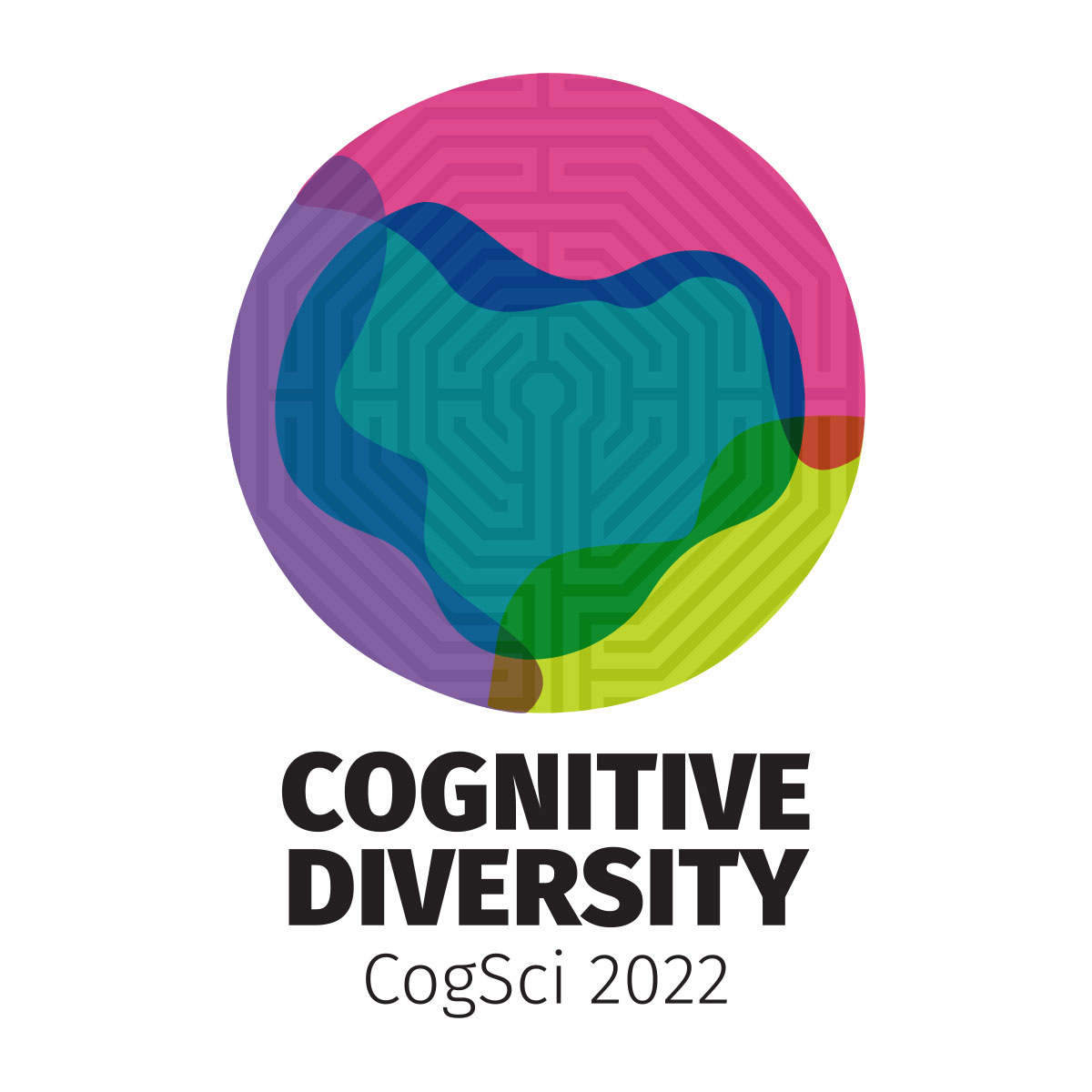
2022 Conference Awards
Rumelhart Prize
The recipient of the twenty third David E. Rumelhart Prize is Nick Chater. Please click here for more information
Glushko Prize
Kelsey Allen, Massachusetts Institute of Technology
Learning to act with objects, relations and physics
Carolyn Baer, University of British Columbia
Developing a sense of certainty
Judy Sein Kim, Johns Hopkins University
’Visual’ knowledge in the absence of visual experience
Sebastian Musslick, Princeton University
On the rational bounds of cognitive control
Tim Sainburg, University of California San Diego
Temporal organization in vocal communication: sequential structure, perceptual integration, and neural foundations
Elman Prize
Franck Ramus, Paris Sciences et Lettres University
Marr Prize
Kerem Oktar, Princeton University
Mechanisms of Belief Persistence in the Face of Societal Disagreement
COMPUTATIONAL MODELING PRIZES
APPLIED COGNITION
Eric Martinez, Massachusetts Institute of Technology
So much for plain language: An analysis of the accessibility of United States federal laws (1951-2009)
HIGHER-LEVEL COGNITION
Federico Adolfi, Ernst-Strüngmann Institute for Neuroscience in Cooperation with Max-Planck Society
Computational Complexity of Segmentation
LANGUAGE
Daniel Sabinasz, Institut für Neuroinformatik
A Neural Dynamic Model Perceptually Grounds Nested Noun Phrases
PERCEPTION & ACTION
Anjie Cao, Stanford University
Habituation reflects optimal exploration over noisy perceptual samples
SAYAN GUL AWARD
Neil Rathi, Palo Alto High School
Explaining patterns of fusion in morphological paradigms using the memory–surprisal tradeoff
DIVERSITY & INCLUSION AWARDS
Can Avcı, Koç University
Gesture and Speech Disfluency in Narrative Context: Disfluency Rates in Spontaneous, Restricted, and Encouraged Gesture Conditions
Lauren Girouard-Hallam, University of Louisville
Children’s Judgments About Asking for Past, Present, and Future Information from Google and a Person
Yeqiu Zheng, University College London
The value of host-country language: The effect of Dutch language proficiency on immigrants’ income, savings and financial wealth in the Netherlands
Aditi Jublie, Indian Institute of Technology Kanpur
Attentional Bias for Self-Face: Investigation using Drift Diffusion Modelling
Hasan Qarehdaghi, Shahid Beheshti University
An EZ-circular diffusion model of continuous decision processes
Mark Abdelshiheed, North Carolina State University
The Power of Nudging: Exploring Three Interventions for Metacognitive Skills Instruction Across Intelligent Tutoring Systems
Maureen Gill, Yale University
What is a consumer product for? How teleology guides judgments of product liability
Verónica D’Angelo, Universidad Nacional de Córdoba
Defending Diversity: Providing Examples from Different Domains Enhances Application of System Principles Beyond the Domains Covered by the Examples
Joseph Outa, Stanford University
Stop, children what’s that sound? Multi-modal inference through mental simulation
Shadab Tabatabaeian, University of California Merced
Mathematical insights as novel connections: Evidence from expert mathematicians
Diversity & Social Inequality Award
George Kachergis, Stanford University
Estimating demographic bias on tests of children’s early vocabulary
Disciplinary Diversity & Integration Award in Cognitive Science
2022 STUDENT WINNERS
No privileged link between intentionality and causation: Generalizable effects of agency in language
Sehrang Joo, Yale University
Immature vocalizations simplify the speech of Tseltal Mayan and US caregivers
Steven Elmlinger, Cornell University
Computational Complexity of Segmentation
Federico Adolfi, Ernst-Strüngmann Institute for Neuroscience in Cooperation with Max-Planck Society
2022 SYMPOSIA WINNER
Competing perspectives on building ethical AI: psychological, philosophical, and computational approaches
Organizer: Dr. Sydney Levine, Massachusetts Institute of Technology
Student Travel GRANTS
Kerem Oktar, Princeton University
Federico Adolfi, Ernst-Strüngmann Institute for Neuroscience in Cooperation with Max-Planck Society
Anjie Cao, Stanford University
Maureen Gill, Yale University
Daniel Sabinasz, Institut für Neuroinformatik
Catherine Wong, Massachusetts Institute of Technology
Arthur Le Pargneux, University of Warwick
Kevin O’Neill, Duke University
Isabelle Boni, University of California Berkeley
Megan Waller, Carnegie Mellon University
Sponsors & Exhibitors
Platinum Sponsors
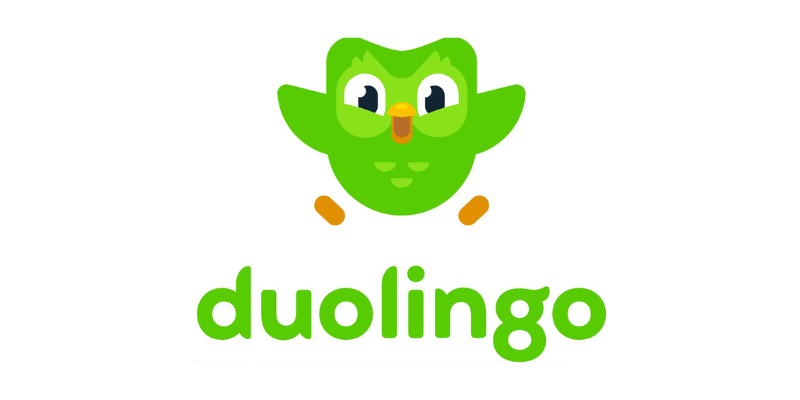
Bronze Sponsors

Exhibitors
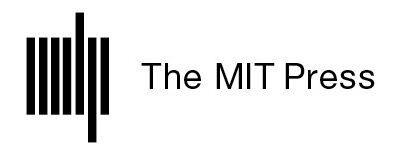
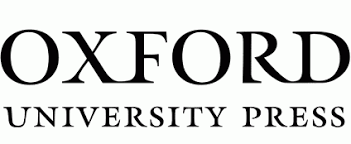
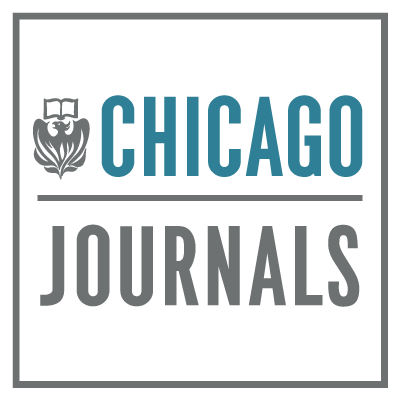
![]()
The Cognitive Science Society is pleased to announce the establishment of the CogSci Grove which aims to mobilise cognitive scientists to offset carbon emissions associated with their professional activities.